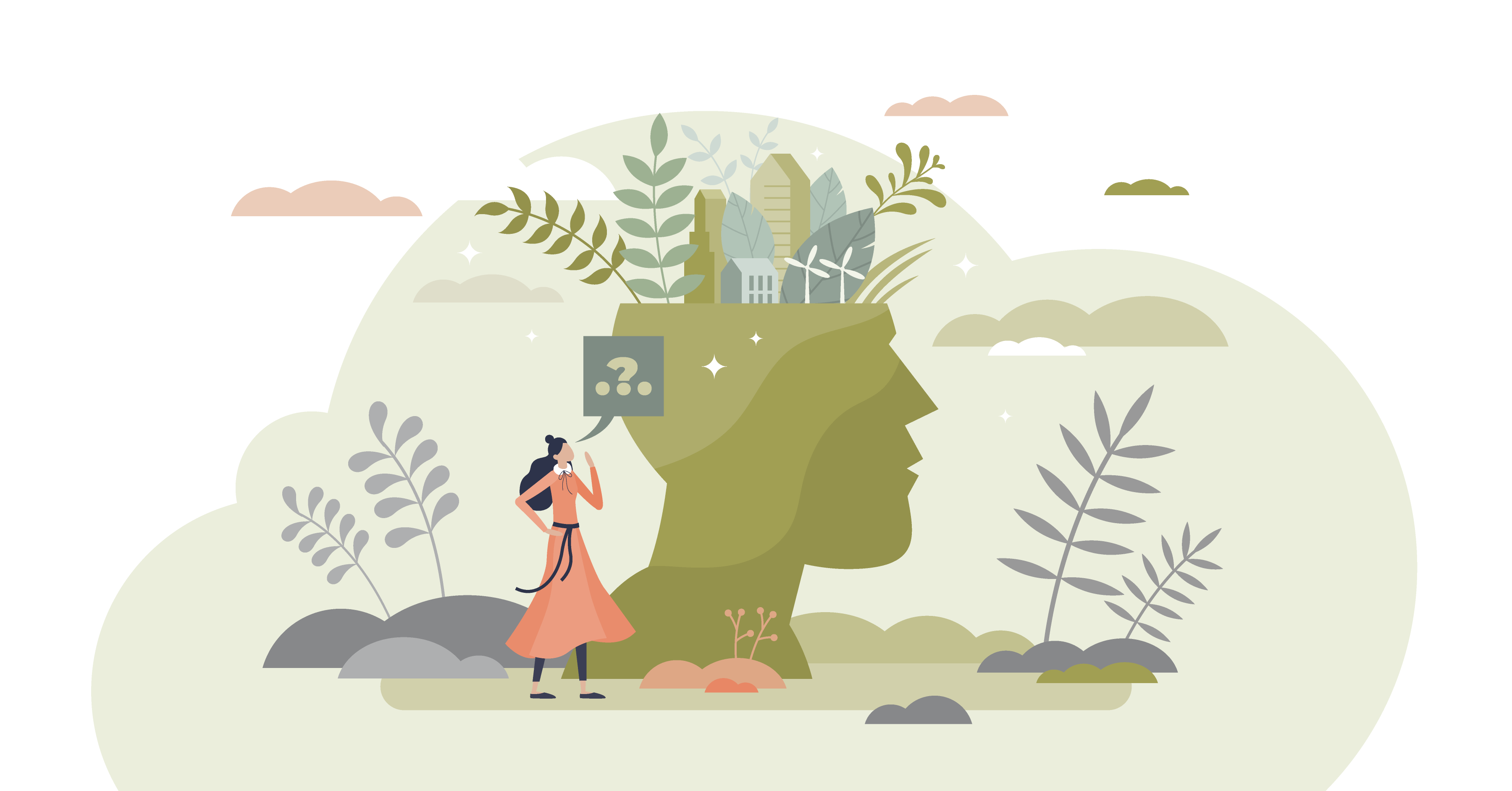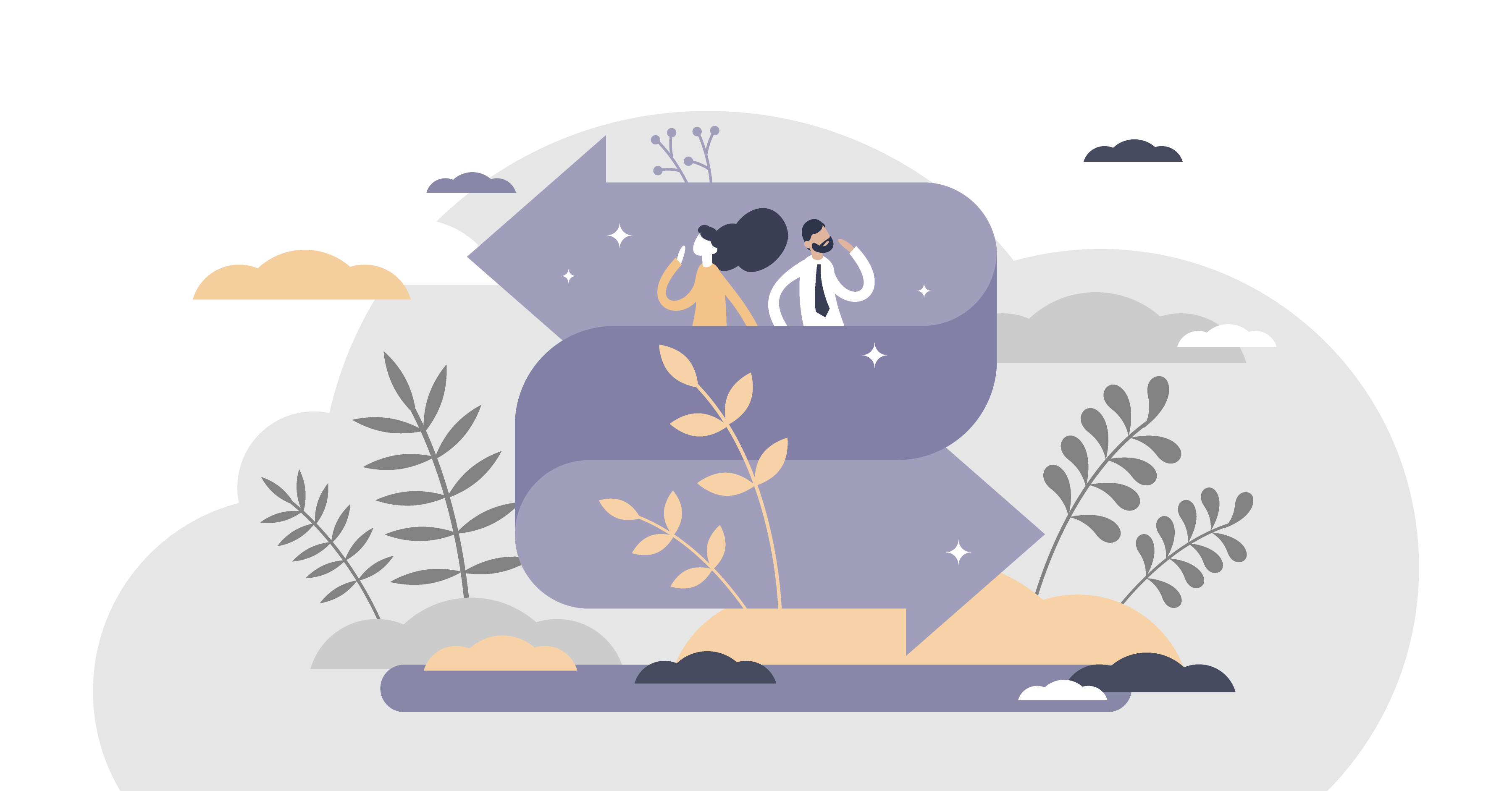Table of Contents
Every ecosystem tells a story of creation and destruction. Natural environments may look beautiful but they are a battle ground for survival. As an ecologist and soil scientist, I can’t un see what I know really goes on. As a writer, I live it. And today, I want to share a confession:
I committed murder, on a mass scale. Multiple times. And I will continue to do so as long as I live.
And you will too. Because we can't live without killing other things when we work with ecosystems.
These killings could be obvious: the annihilation of flies and moths on your bumper, the chicken you eat in your sandwich, or the hedgehog you run over with your car.
There are also less obvious things: brushing your teeth, digging your garden, and writing ideas that never make it past a quick scribble on a napkin.
Death is also sadly the reality of any biological sciences experiment. Or when working with any living organism not considered sentient enough to warrant an ethics review. It depresses me when I think about it too hard. I work with soil. It makes the death toll particularly large:
"In a single gram of soil, there are more microorganisms than there are human beings on Earth." - Edward O. Wilson, Darwin's protégé
😳
But, overthinking aside, it means we should respect any ecosystem we use or create because they are cyclical systems of birth, life, and death. Not light concepts. When we create experiments, we are careful not to use too much soil. We look after our plants within the remits of the experimental design. Some people, cough may even talk to their plants or play them music...
Writing is just evolving an ecosystem
Just as soil is more than dirt, writing is more than words on a page. Both are living systems with their own complex web of relationships. In soil, we have bacteria feeding on organic matter, fungi creating tit-for-tat networks with plants, and roots pushing down through layers of accumulated history. In writing, we have ideas feeding on experience, connections forming between concepts, and thoughts pushing through layers of understanding.
If you view your writing as an ecosystem, then it must be nurtured and fed. It needs a place to live, to grow and to die. Perhaps even some rules laid out. If death is guaranteed, so too are taxes. Perhaps our writing should work for a living. The 'tax' is the toll it takes on us when writing is hard. We need time to let the culture develop - both literally in soil, and metaphorically in our writing.
Despite all our intentions, our ecosystem will not be perfect on first try. It will take millions of iterations to evolve. Some things will work and others will set you back. Just as soil takes years to develop its structure, your writing system needs time to find its rhythm.
Don't undervalue exploration
Just like I explore the plant ecology-root-soil frontier...
"We know more about the movement of celestial bodies than about the soil underfoot." - Leonardo da Vinci
... we can also explore our writing. To build upon what da Vinci said centuries ago: do you know more about what others write than the systems and processes you need to do your own writing? It's not about creating or consuming content - it's about building an ecosystem and continually iterating for long term sustainability.
Think of your ideas as microorganisms in the soil of your mind. Some will thrive, others will die off, but each contributes to the fertility of your thinking ground. Every draft, every revision, every deleted paragraph is organic matter feeding your system.
It's what we - as the reader - don't see that counts
We can't be super productive rainforests all the time.
Slow, cold, arctic tundra is just fine.
Cut down the rainforest and the soil is ruined in a matter of years. Lop off a few mounds of alpine plants - not that you should - and you'll barely touch the 1,500 billion metric tonnes of carbon contained in frozen peat reserves. At the moment, we pretty much want carbon anywhere but in the atmosphere. Soil carbon is a win-win situation. It really does feed the soil.
Food for thought too, perhaps. Your writing ecosystem needs both: periods of intense growth and periods of quiet storage. Those rainforest moments when words flow freely, and the tundra phases when ideas are preserved and slowly processed underground.
The difference between thinking about writing and being a writer is what we don't see, not what we do. It's the hours of tinkering in the lab. The hours of writing drivel. A lot of stuff has to happen for any decent amount of emergence to happen. Just as soil needs time to build its structure, your writing needs time to develop its foundations.
On our planet, we need both rainforests and tundra, just like in writing we need the emergent outputs as well as the underground simmering storage of ideas.
The magic happens in the cycling between these states - in the ecosystem's ability to adapt, transform, and renew itself.
💡 Action Point: Take a soil scientist's view of your writing process this week. Here’s some prompts:
- What's happening on the surface?
- What's decomposing underneath?
- Are you giving your ideas enough time to decompose and feed the system?
- Try mapping out your writing ecosystem - what feeds what?
- What needs to die for new ideas to grow?
Until next time, happy growing!
Annette
🧪 Sharpen Your Skills
- How to write a scientific paper - this article is a few years old now, but it resurfaced on my Twitter feed recently.
🧫 Interesting Stuff
- This week I discovered podcasts on NotebookLM - try it out on a scientific paper. I was gobsmacked at the result.
⌛ In Case You Missed It
- Last post: The Journal of Personal Experimentation
- This post and YouTube video is a must read/watch if you encounter problems
- Catch me on LinkedIn
Quote of the Week
“Don't view self help books as the key to unlocking the doors that are currently locked to you. Instead use them to form your own key, to open your own door. A door that you have created, designed and chosen”
Annette Raffan
What I’m Reading
- Jordan Peterson; 12 Rules for Life
- Rutger Bregman; Utopia for Realists
Thanks for reading to the end of this 🧠 Brain STREAM issue! Remember to subscribe for free to receive new posts and support my work.


![The Writing Ecosystem: Life, Death, and Rebirth in Our Creative Process [🧠 Brain STREAM 27]](/content/images/size/w1075h650/2025/02/929144a2-e0ab-498a-9dc4-3724c1c16558_6240x4160-jpeg.jpg)






Comments